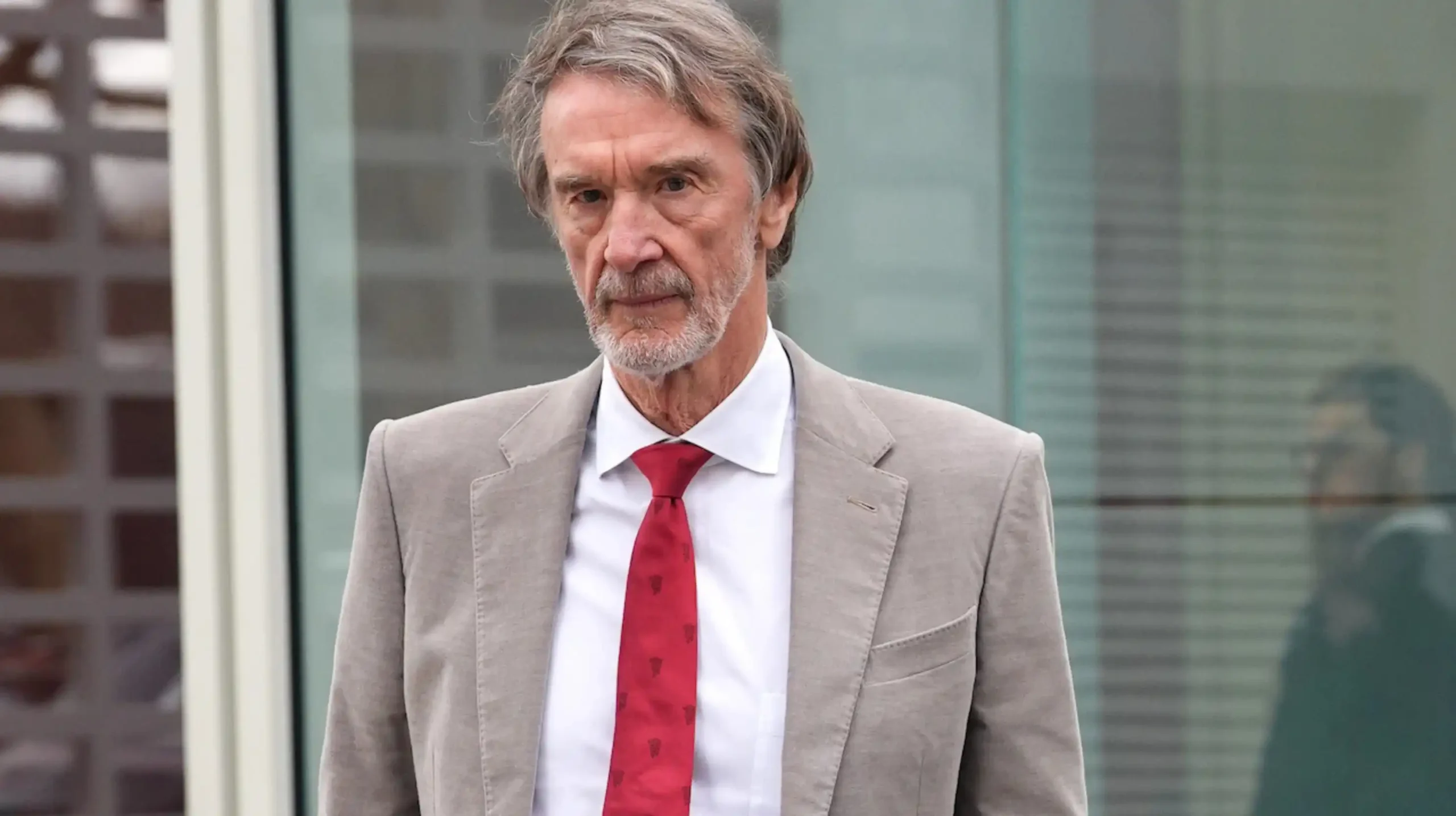UK (Parliament Politics Magazine) – Sir Jim Ratcliffe’s Ineos cuts 60 jobs at Hull plant, blaming net zero and cheap Chinese imports for unsustainable energy costs.
As reported by The Telegraph, Ineos, led by Sir Jim Ratcliffe, has reduced the staff at its Hull plant by 20%, citing net zero rules and coal-fueled Chinese imports.
Around 60 jobs are being cut at Ineos Acetyls in Hull, Europe’s largest producer of acetic acid, acetic anhydride, and ethyl acetate, used in food, medicine, paints, and detergents.
What did Ineos warn about the UK industry and Chinese imports?
Ineos said,
“This is a textbook case of the UK and Europe sleepwalking into deindustrialisation. Once these plants shut, they never come back.”
The firm blamed the layoffs on high energy costs and anti-competitive trade practices.
It warned, “Dirt-cheap carbon-heavy imports from China, produced using coal and emitting up to eight times more CO2 than Ineos’s UK operations, are now flooding the market.”
The company added,
“These Chinese products have been blocked from entering the US by effective tariffs but face no trade barriers in the UK or Europe.”
British-born Mr Ratcliffe, now living in Monaco, is the founder and CEO of Ineos, the country’s biggest private company.
The industrialist built a multi-billion-pound fortune by acquiring neglected factories and secured a significant share in Manchester United.
Ineos’ UK operations face significant strain from rising energy costs, especially gas, which is essential for heat-intensive chemical production.
The Grangemouth oil refinery has been shut down. Ineos warned that the neighboring chemical plant is also under threat.
At the Hull site, Ineos spent £30m converting from gas to hydrogen, reducing emissions by 75%, equivalent to taking 160,000 cars off the road.
The Hull plant’s hydrogen upgrade coincided with rising Chinese imports, made using traditional coal-based methods with high emissions from chemical production.
What did David Brooks say about the 60 job cuts?
David Brooks, CEO of Ineos Acetyls, stated,
“Making the decision to cut 60 roles was not taken lightly. We have explored every possible alternative but in the face of sustained pressure from energy costs, combined with unfairly low-cost imports into the UK and Europe, we’ve been left with no other choice.”
What did Stephen Dossett say about Europe’s industrial crisis?
Stephen Dossett, chief executive of Ineos Inovyn, stated,
“Europe is committing industrial suicide. While competitors in the US and China benefit from cheap energy, European producers are being priced out by our own policies and absence of tariff protection.”
He said,
“Meanwhile, high-emission imports flood our market unchecked. It’s completely unsustainable.”
Mr Dossett added,
“We’ve reached the point where well invested, efficient European plants are closing while global emissions rise. It’s not just economic madness. It’s environmental hypocrisy.”
What did Steve Elliott say about UK decarbonisation?
Steve Elliott, the chief executive of The Chemical Industries Association, stated,
“We are paying billions in levies and taxes imposed on energy bills meaning strategic industries, like ours, are fast disappearing.”
He said,
“Between 2021 and 2024, carbon emission within the chemical industry has reduced by 38pc and with it, production has fallen by almost exactly the same amount.”
Mr Elliott added,
“It’s decarbonisation through de-industrialisation and, to rub more salt into the wound, the UK’s imported emissions have doubled with emissions associated with imports from China at their highest in over two decades.”
What did Ineos say about shutting German plants and job losses?
Ineos plans to close two Rheinberg plants in Germany, cutting 175 jobs due to high energy costs and a lack of tariff protection.
Inons Eine, which operates the two sites, said both plants make chemicals essential to European industry.
Its allylics unit produces the key epoxy resin used in defence, aerospace, and automotive sectors. The neighboring electrochemical unit supplies chlorine for water treatment, medicines, and industrial processes.
Citizens Advice warns about energy struggles this winter
Citizens Advice director Gillian Cooper said the group is
“bracing for more calls as people struggle to top up their meters and pay the gas bill” this winter.
She said,
“The government has made welcome changes to expand the number of people who’ll receive support with their energy bills this winter, but it’s not enough to turn the tide.”
Ms Cooper added,
“It’s high time for decisions about the longer term. The government must set out plans for how it will support the households struggling the most over the coming years and also prioritise investing in energy upgrades for millions of homes to reduce costs and keep money in people’s pockets.”
Key details about the UK net-zero goal
Britain is legally committed to reaching net zero emissions by 2050 under the Climate Change Act 2008. Legally binding five-year carbon budgets aim for a 68% emissions cut by 2030 and 81% by 2035.
The Net Zero Strategy includes achieving clean power by 2030 through renewables and ending petrol and diesel car sales. It also supports electric heat pumps to replace gas boilers in homes.


